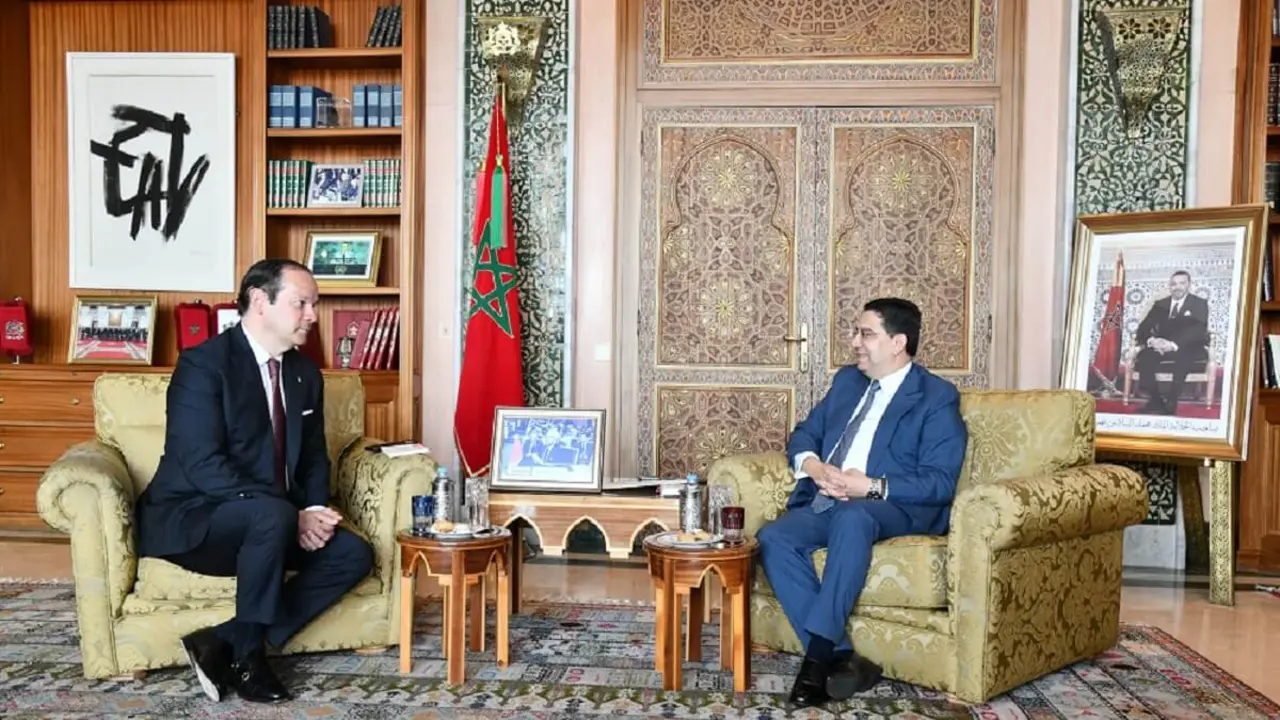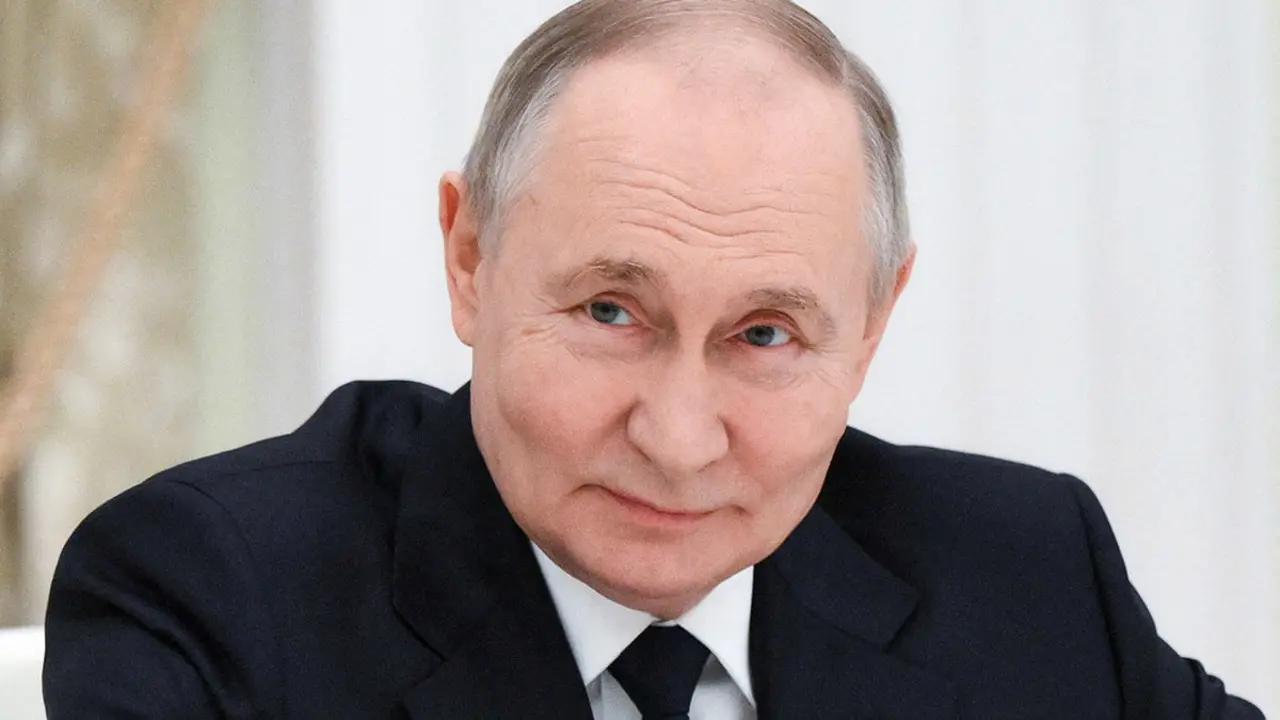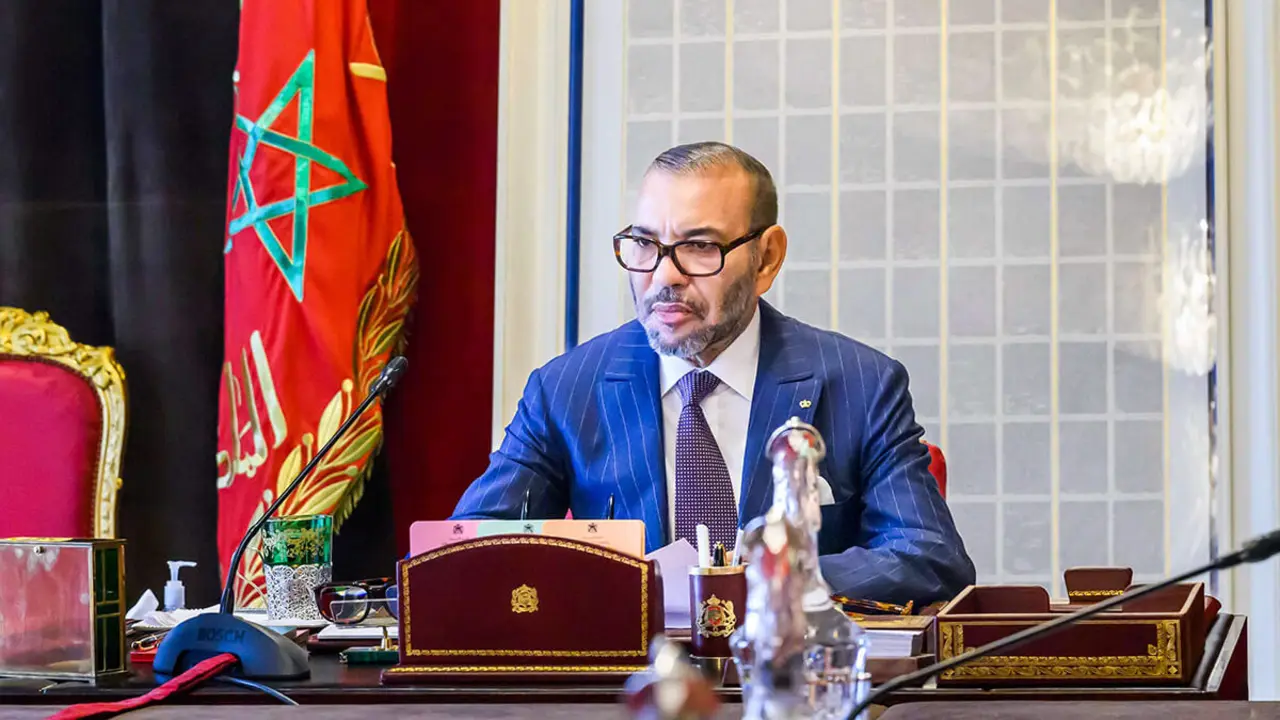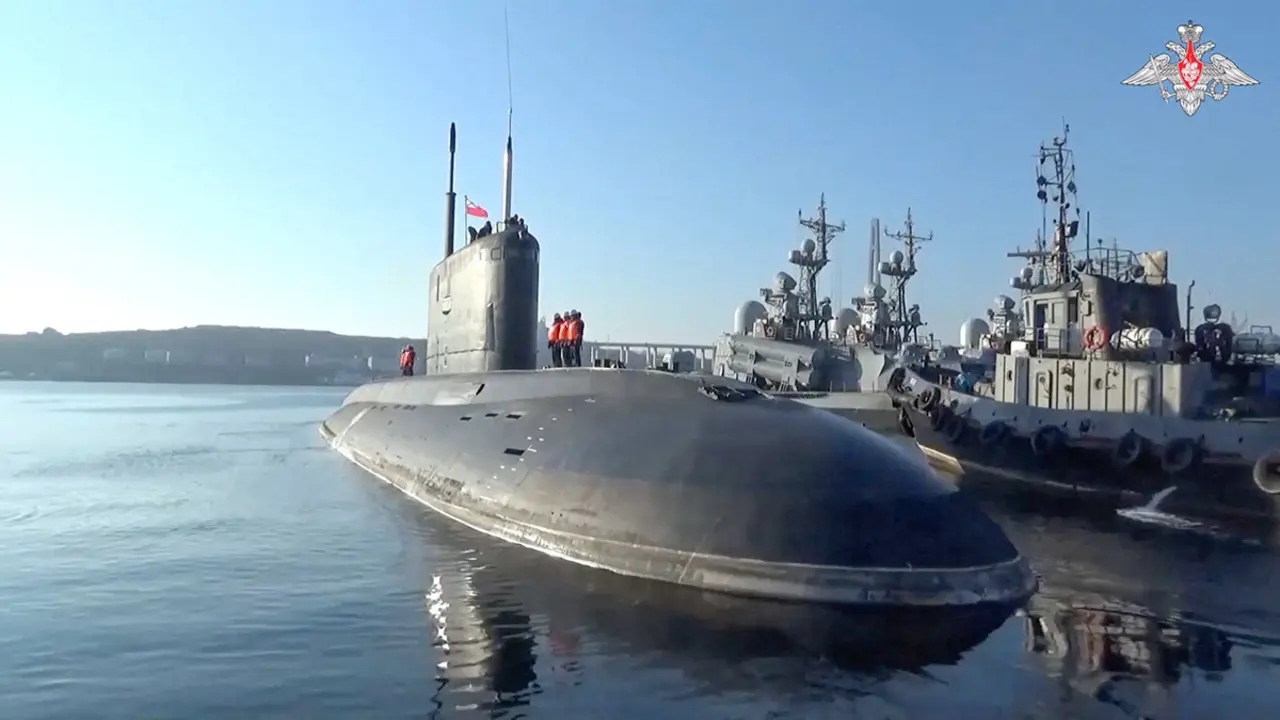The activity and control of European intelligence services under debate

The event was held at the Madrid campus of the Schiller University, whose director, Carmen Alba, was in charge of welcoming the attendees, together with the head of the Madrid office of the Naumann Foundation, David Henneberger.
Fernando Maura, director of the LVL Forum, presented the conference and pointed out that "with the Pegasus case and the dismissal of the director of the National Intelligence Centre, this is the right time to hold a serious debate on the secret services and their control in democratic societies". Maura regretted the absence of the former Secretary General of the CNI, Beatriz Méndez de Vigo, who was announced as one of the speakers at this conference "but who will not be there in the end because she was asked not to come".
German intelligence services
The day began with an interesting presentation on the structure of the German intelligence services by Konstantin Kuhle, member of the German parliament, vice-president of the FPD parliamentary group and spokesperson for domestic policy.
For Kuhle, "our democracies face challenges and must defend and fight for their fundamental freedoms and human rights. It is therefore necessary to find a balance between the needs of the intelligence services and this protection of rights and freedoms".
The German MEP gave four examples of the need for good intelligence services in democratic societies: Russia's invasion of Ukraine; Islamist terrorist attacks in several Western European countries; right-wing extremist attacks on politicians in Germany; and the threat to global trade and diplomacy from China.
Konstantin Kuhle explained the peculiar structure of Germany's intelligence services, with three distinct federal organisations: the Federal Intelligence Service (the foreign intelligence agency); the Federal Office for the Protection of the Constitution (responsible for counter-terrorism, counter-espionage, cyber-security and public information); and the Military Counterintelligence Service.
A multiple structure, which is complicated by the peculiarities of the German territorial system, as the German länder or federal states have their own Federal Offices for the Protection of the Constitution, bringing the total number of German intelligence organisations to 19.
Debate on intelligence services
The German politician's presentation was followed by a panel discussion, moderated by Diego Camacho, Infantry Colonel and member of the LVL Forum. The participants, in addition to Konstantin Kuhle himself, were Edmundo Bal, MP and spokesman for Ciudadanos in the Official Secrets Commission; Ramón Trillo, former president of the Supreme Court; Carlos Echevarría, director of the Intelligence course at the UNED; and Fernando Pinto, former CESID agent.
Edmundo Bal, a state lawyer who has represented the CNI in numerous legal proceedings, recalled milestones such as the first conviction in Spain for treason, when agent Flores tried to sell the identities of Spanish agents to Russia. Bal explained that control of the CNI's actions in Spain is regulated by the 2002 Organic Law on Control of CNI Acts, which establishes that this body is under the control of the executive branch, which defines its objectives.
"The problem we have in Spain is that, unlike in Germany, where the AFD, the far right, is outside the intelligence control commission, in Spain we have members of ETA's political wing, the heirs of the terrorists, the pro-independence supporters who tried to stage a coup d'état, sitting on the commission. And previous directors of the CNI trusted them and revealed state secrets within the commission, which Mr Gabriel Rufián then took 15 minutes to tell the press", lamented Bal.
As an argument for the dialogue, the moderator cited various cases in which national security was threatened, both in Franco's regime and in democracy: the assassination of Carrero Blanco and his bodyguard; Morocco's Green March towards Western Sahara; 23-F, the terrorist attacks of 11-M; and the Pegasus case.
For former CESID agent Fernando Pinto, "all the cases mentioned were unforeseen, there could have been no prevention. There are situations in which, no matter how much investigation and surveillance there is, the events cannot be prevented. Experience on issues such as jihadist terrorism is gained by working, for which it is necessary to create competent structures and bodies, with specialised personnel, including Muslims".
According to Pinto, "the sad thing is that what is known about the intelligence services are the mistakes, but not the countless successes. Recently, in Lisbon, the Spanish intelligence services were congratulated for their work during the NATO meeting in Madrid".
For his part, Carlos Echevarría laments the pessimistic view that public opinion in Spain has of our intelligence services: "the events mentioned are blunders by the centre. But it should be borne in mind that other countries that are supposedly more advanced in terms of controlling intelligence services, such as the United States and France, have also suffered setbacks, such as 9/11 or 15-N. One declared war on Al Qaeda and the other declared war on Al Qaeda. One declared war against al-Qaeda and the other against the Islamic State".
In his opinion, "the Spanish format, with the National Intelligence Centre, its military counterpart, the information bodies of the State Security Forces and Corps and, within the CNI, the National Security Office and the National Cryptographic Centre, is appropriate and has a series of tools that have matured over time".

Control
With regard to the control that should be exercised over these intelligence services, the former agent Fernando Pinto complained that in Spain there is an open debate between those who want to increase control over the CNI's activities and those who believe that there should not be any: "that is the debate. All countries have secrets and intelligence services want to escape that control. People have to know what it does and what it is for, and the body has to lose its fear of being controlled".
This position was shared by Konstantin Kuhle, who pointed out that "reforms of the work of intelligence services usually start with a mistake, with something they don't see right. From a liberal point of view, it would be desirable to have an open debate on the control of intelligence services before a mistake occurs".
For his part, Ramón Trillo, from his experience as a Supreme Court judge, explained what judicial control over the CNI is like: "in Spain we have a special judge who, in his capacity as a judge, not as an intelligence expert, provides knowledge of the law. The intelligence judge must take into account that requests must be resolved immediately, due to the special circumstances. And he has a double advantage: he establishes a framework of legality and is not limited by means and sources, as is the case, for example, with members of the parliamentary committee".
Intelligence services in the EU
To round off the day, a videotaped speech by Ignacio Sánchez Amor MEP was shown, in which he stated that the EU has to refine its intelligence instruments in order to be a global player in foreign policy. Sánchez Amor is currently working on an alternative project that consists of creating a protocol so that the European system is automatically fed by national intelligence services: "the European Union must know as much as the most knowledgeable about international affairs, and in an automatic way. Then we will have to see if that information is shared with the other countries, but Brussels has to know.”
For the MEP, “the European intelligence service must be refined and strengthened, it is a very important analytical instrument, but it must be deepened".








